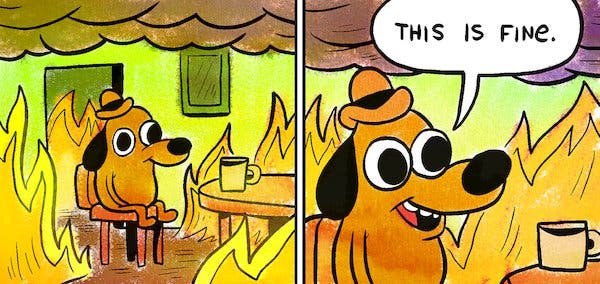Fascinating essay in Harper’s about the under/over-valuing of “the relevant” in relation to art in general, but also about the changing nature of the word itself. I imagine many people are asking these same questions and coming up with a wide variety of answers. It will take me a bit to digest, even though it’s written very accessibly.

I see the prominence of “relevance” as a term of assessment in our current critical language as part of a huge and necessary correction, an assertion that these and other supposedly marginal experiences are pertinent, as all human experience is pertinent, to the communal endeavor to make sense of ourselves that is the labor of art. What I find moving in the shared etymology of “relevant” and “relieve”—that fossil poem I began with—is the resonance between “to make stand out, to render prominent or distinct,” and “to give ease from pain or discomfort.” The struggle to assert the value of a broader range of voices in our literature has relieved an injury, the injury of invisibility. That struggle is ongoing: just a few years ago, in a graduate seminar at the Iowa Writers’ Workshop, an author I continue to revere characterized my work as resembling “a sociological report on the practices of a subculture.” The fallacy of a certain idea of universality is to imagine that any human experience is unmarked by the accidents of geography, history, demographics—to believe that an account of a Congregationalist minister in rural Iowa, say, is somehow larger, more relevant to a shared human story, than an account of sex among gay men. The idea of universality, when used in this way, is nothing more than a maneuver whereby a privileged social position—which is often the position of straightness, whiteness, and maleness—secures its own default status, and therefore its immunity from self-awareness and critique.
Because these battles are still being fought, I hesitate to articulate the ways in which I think our use of the word “relevant” is distorting our appraisals of art. But I can’t help feeling that the current idea of “relevance” recapitulates some of the disturbing features of “universality,” in the way my literature professors once applied the term. For decades now, since that change in usage, we have not had to specify to whom or to what a particular relevance pertains. That omission has become a presumption, making the word a kind of unmarked term. But relevance is never really unmarked: we generally do mean relevant to or for something or someone; we are all, always, addressing constituencies. The danger of obscuring this fact is that, like a certain usage of “universal,” it is ultimately a term of exclusion. Anytime we praise the relevance of a particular novel, we are positing, at least implicitly, the irrelevance of other novels; and often enough we make this judgment explicit. We are tired, I sometimes hear my friends say, I sometimes hear myself say, of stories about straight, white, privileged men contemplating adultery; we are tired of stories about Americans abroad; we are tired of stories about middle-class malaise. We are tired.
